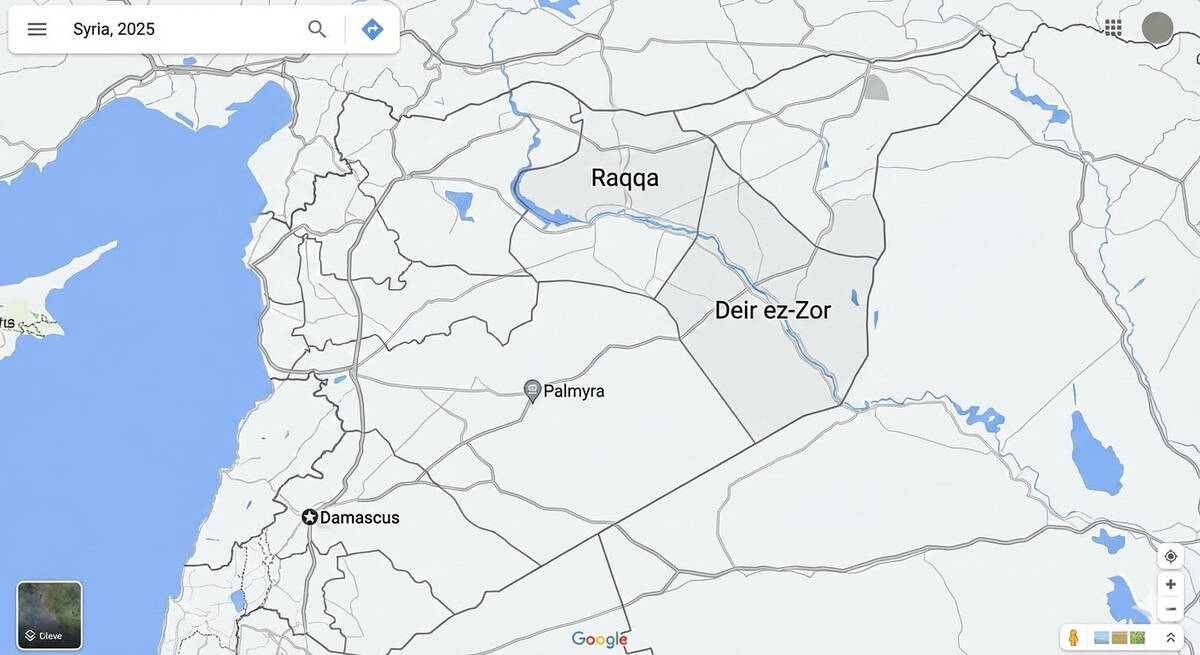GAZA/CAIRO/JERUSALEM: Palestinians burst into the streets to celebrate and return to the rubble of their bombed-out homes on Sunday, and Hamas released the first three hostages under a ceasefire deal that halted fighting in Gaza.
Armed Hamas fighters drove through the southern city of Khan Younis with crowds cheering and chanting. In the north of the territory, bombed into oblivion in the war’s most intense fighting, people picked their way on narrow roads through a devastated landscape of rubble and twisted metal.
“I feel like at last I found some water to drink after being lost in the desert for 15 months,” Aya, a displaced woman from Gaza City who has been sheltering in Deir Al-Balah in the central Gaza Strip for over a year, said after the fighting stopped. “I feel alive again.”
In Tel Aviv, hundreds of Israelis in a square outside the defense headquarters watched the hostage release on a giant screen. The crowd cheered, embraced and wept as three female hostages could be seen exiting a vehicle in Gaza surrounded by armed Hamas men.
The hostages got into vehicles of the International Committee of the Red Cross as the crowd of fighters chanted the name of the armed wing of Hamas.
Soon after, the Israeli military said the hostages, identified by the prime minister’s office as Romi Gonen, Doron Steinbrecher and Emily Damari, had reached Israeli territory. An Israeli official told Reuters the Red Cross said they were in good health.
In the Israeli-occupied West Bank, buses were awaiting the release of Palestinian prisoners from Israeli detention. Hamas said the first group to be freed in exchange for the hostages includes 69 women and 21 teenage boys.
The first phase of the truce in the 15-month-old war between Israel and Hamas took effect following a three-hour delay during which Israeli warplanes and artillery pounded the Gaza Strip.
That last-minute Israeli blitz killed 13 people, according to Palestinian health authorities. Israel blamed Hamas for being late to deliver the names of hostages it would free, and said it had struck terrorists. Hamas said the holdup in providing the list was a technical glitch.
“Today the guns in Gaza have gone silent,” said US President Joe Biden, who welcomed on his last full day in office a truce that had eluded US diplomacy for more than a year.
The truce calls for fighting to stop, aid to be sent in to Gaza and 33 of the 98 Israeli and foreign hostages still held there to go free over the six-week first phase in return for hundreds of Palestinian prisoners held in Israeli jails.
For Hamas, the truce could provide an opportunity to emerge from the shadows after 15 months in hiding. Hamas policemen dressed in blue police uniform swiftly deployed in some areas.
People who had gathered to cheer the fighters chanted “Greetings to Al-Qassam Brigades” — the group’s armed wing.
“All the resistance factions are staying in spite of (Israeli Prime Minister Benjamin) Netanyahu,” one fighter told Reuters. “This is a ceasefire, a full and comprehensive one God willing, and there will be no return to war in spite of him.”
The ceasefire agreement follows months of on-off negotiations brokered by Egypt, Qatar and the United States, and comes into effect on the eve of the inauguration of US President-elect Donald Trump, who had said there would be “hell to pay” unless hostages were freed before he took office.
TRUMP AIDE: HAMAS WILL NEVER GOVERN GAZA’
There is no detailed plan in place to govern Gaza after the war, much less rebuild it. Any return of Hamas to control in Gaza will test the commitment to the truce of Israel, which has said it will resume the war unless the militant group which has run the enclave since 2007 is fully dismantled.
Hard-line National Security Minister Itamar Ben-Gvir quit the cabinet on Sunday over the ceasefire, though his party said it would not try to bring down Netanyahu’s government. The other most prominent hard-liner, Finance Minister Bezalel Smotrich, remained in the government for now but said he would quit if the war ends without Hamas completely destroyed.
Trump’s national security adviser-designate, Mike Waltz, said that if Hamas reneges on the agreement, the United States will support Israel “in doing what it has to do.”
“Hamas will never govern Gaza. That is completely unacceptable.”
The streets in shattered Gaza City in the north of the territory were already busy with groups of people waving the Palestinian flag and filming the scenes on their mobile phones. Several carts loaded with household possessions traveled down a thoroughfare scattered with rubble and debris.
Gaza City resident Ahmed Abu Ayham, 40, sheltering with his family in Khan Younis, said that while the ceasefire may have spared lives, the loss of lives and scale of destruction made it no time for celebrations.
“We are in pain, deep pain and it is time to hug one another and cry,” he said.
Long lines of trucks carrying fuel and aid supplies queued up at border crossings in the hours before the ceasefire was due to take effect. The World Food Programme said they began to cross on Sunday morning.
The deal requires 600 truckloads of aid to be allowed into Gaza every day of the initial six-week ceasefire, including 50 carrying fuel. Half of the 600 aid trucks would be delivered to Gaza’s north, where experts have warned famine is imminent.
The war between Israel and Hamas began after the militants stormed Israeli towns and villages on Oct. 7, 2023, killing 1,200 people and capturing more than 250 hostages, according to Israeli tallies.
More than 47,000 Palestinians have since been killed in Israeli attacks that reduced the Gaza strip to a wasteland, according to medical officials in the enclave. Nearly the entire 2.3 million population of the enclave is homeless. Around 400 Israeli soldiers have also died.




















